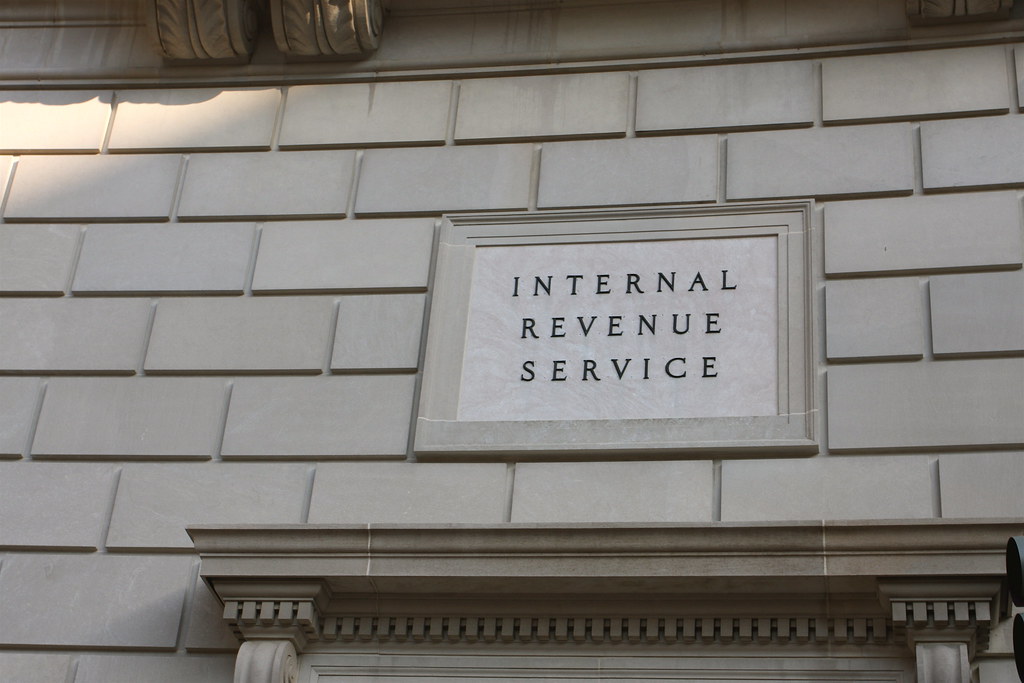
The U.S. Internal Revenue Service (IRS) has provided temporary relief from a rule that would have automatically assigned a potentially disadvantageous accounting method for cryptocurrency holders on centralized exchanges. Previously, the IRS had decreed that unless crypto investors explicitly chose a preferred accounting method, centralized finance (CeFi) brokers would default to using the First In, First Out (FIFO) method for reporting cryptocurrency sales.
The FIFO method, while standard for calculating capital gains in the U.S., assumes that the oldest assets purchased are the ones sold first. This approach can significantly increase capital gains taxes, especially during a bull market where the value of crypto assets appreciates rapidly.
Shehan Chandrasekera, Cointracker’s head of tax, highlighted the impact of this rule on social media, noting that it could lead to investors inadvertently maximizing their tax liabilities by selling older, lower-cost basis assets first. Chandrasekera and others in the crypto tax community have expressed relief over the IRS’s decision to delay this rule, emphasizing the potential financial pitfalls it could have caused.
Debate and Temporary Relief
The IRS’s original mandate was set to push many investors towards unintended tax consequences. However, the temporary relief, effective until December 31, 2025, will allow crypto brokers additional time to develop systems that can accommodate various accounting methods like Highest In, First Out (HIFO) or Specific Identification (Spec ID). During this period, crypto taxpayers can maintain their own transaction records, ensuring that they can choose the accounting method that best suits their financial situation.
Mark Thomas, a crypto commentator, elucidated on X the nuanced benefits of FIFO under certain conditions: “The one time that FIFO can be beneficial is if your sale date is more than one year after the earliest crypto you bought but less than one year after the latest crypto you bought, which would classify the gains as long-term rather than short-term.”
The announcement of this relief comes amidst legal challenges to the IRS’s broader crypto regulation framework. The Blockchain Association and the Texas Blockchain Council recently initiated a lawsuit against the IRS, contesting the constitutionality of the expanded reporting requirements that would come into effect in 2027. These requirements are set to compel brokers to report detailed information on all digital asset transactions, significantly broadening the scope of data collection on platforms, including decentralized exchanges (DEXs).
This legal action underscores the ongoing conflict between the crypto industry and regulatory bodies, as stakeholders strive to find a balance between regulatory compliance and operational freedom. The outcome of these challenges could set significant precedents for the regulation of digital assets in the United States.
Author’s Opinion
The IRS’s decision to temporarily halt the automatic application of the FIFO accounting method reflects a significant concession to the crypto community’s feedback and ongoing legal debates. This pause provides a crucial window for both the IRS and crypto exchanges to develop more sophisticated tax reporting mechanisms that can handle the complexities of crypto transactions without imposing undue tax burdens.
This move also highlights the delicate balance regulators must maintain in an evolving financial landscape. By allowing time for adaptation, the IRS is acknowledging the unique challenges that come with digital assets and their taxation. This decision could serve as a model for how regulatory bodies might approach similar issues in the future—balancing the need for oversight with the industry’s need for flexibility to innovate and grow.
Featured image credit: TravelingOtter via Flickr
Follow us for more breaking news on DMR
